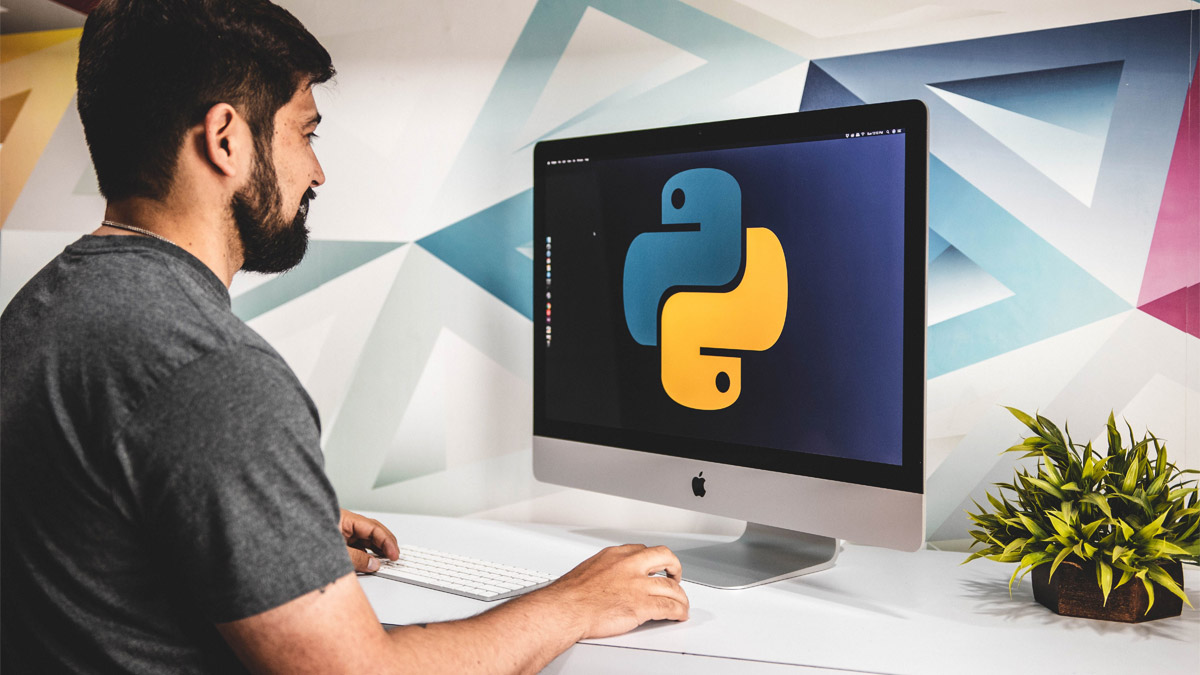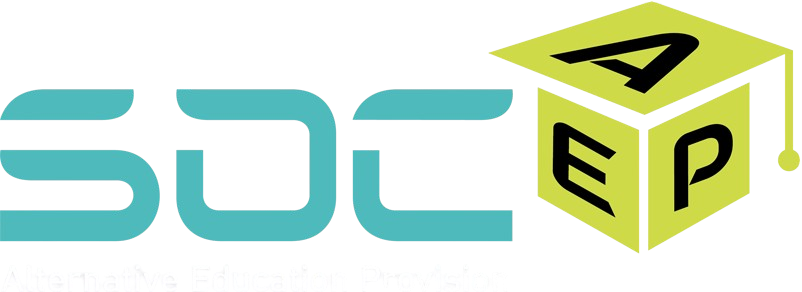At SOC (School of Coding & AI), we think every student ought to have the opportunity to encounter the difficulties they encounter in conventional learning environments, both personally and academically. Customised solutions are provided by Alternative Education Provision to address the unique needs of kids who might find traditional schooling difficult. This article explains Alternative Education Provision, its advantages, and how SOC is leading the way in providing cutting-edge educational alternatives.
Alternative Education: What Is It?
- Education arranged by schools for students on fixed-period exclusions; students sent by schools to off-site programs to help them behave better; and education supplied by local authorities for students who would not otherwise receive appropriate education due to exclusion, illness, or other reasons.
- Emotional or Behavioural Difficulties: Students who could find it challenging to fit in with the social dynamics or institutional framework of typical institutions.
- Learners with particular educational needs that are best served by specialised programs are classified as having special educational needs (SEN).
- Students with non-traditional learning styles are those who gain from unusual teaching strategies or who require a different learning speed.
Key Types of Alternative Education
- Pupil Referral Units (PRUs): PRUs offer a nurturing environment to pupils who have been turned away from traditional institutions. Their main objective is to assist students in becoming re-engaged with their studies and to get them ready for reintegration into regular schools or other educational settings.
- Specialist Schools: Students with particular needs, like those with behavioural problems or learning difficulties, are catered to in these institutions. In order to meet these particular needs, they provide tailored curriculum and assistance.
- Home Education: This option, also referred to as homeschooling, enables parents to teach their children at home. It provides a tailored and adaptable learning environment that takes into account the requirements and interests of the kid.
- Online and Remote Learning: Students can learn from home or other locations thanks to digital platforms, which offer an alternative to traditional classroom environments. For people who require flexibility in their study schedule, this approach is perfect.
- Work-Based Learning: Students can learn from home or other locations thanks to digital platforms, which offer an alternative to traditional classroom environments. For people who require flexibility in their study schedule, this approach is perfect.
- Work-Based Learning: Work-based learning initiatives like apprenticeships, which integrate classroom instruction with real-world work experience, give students useful skills while they pursue further education.
How SOC Supports Alternative Education?
At SOC (School of Coding & AI), we’re dedicated to developing alternative education by providing all-encompassing support and creative solutions. Here’s how we’re changing things:
- Tailored Educational Programs: SOC creates and administers educational programs that are specifically tailored to each student’s needs. Our method guarantees that students get the help they require to succeed academically and personally.
- Collaborative Partnerships: To improve the offerings of Alternative Education, we collaborate closely with academic institutions, local government agencies, and other relevant parties. Our goal is to enhance both the quality and accessibility of alternative learning opportunities through partnerships.
- Innovative Resources: SOC is committed to developing and offering state-of-the-art materials that facilitate successful Alternative Education. We provide teachers and students with the tools they need to succeed, from digital tools to specialised teaching materials.
- Holistic Support Services: Our group provides a variety of support services, such as counselling, mentorship, and advice on schooling. These programs are intended to help students in non-traditional learning environments overcome a variety of obstacles.
Courses Offered by SOC
SOC offers a variety of courses designed to cater to different learning styles and interests in alternative education. Our courses include:
- Python Programming: A comprehensive course covering basic to advanced Python programming concepts, ideal for students interested in coding and software development.
- Java Programming: Dive into the fundamentals of Java programming, exploring object-oriented programming concepts, syntax, and application development.
- Scratch Programming: An introductory course for young learners to develop their coding skills through visual programming and interactive projects.
- Web Development: Learn the fundamentals of HTML, CSS, and JavaScript to build and design your own websites.
- Digital Marketing: Understand the principles of digital marketing, including SEO, content creation, social media strategies, and more.
- Creative Media: Explore various forms of digital media, including graphic design, video production, and animation, to enhance creative skills.
- Mathematics for Coding: A specialized course focused on the mathematical foundations necessary for coding and computer science, such as algebra, calculus, and logic.
- Digital Skills: Gain essential digital literacy skills, including basic computer use, internet navigation, and understanding digital tools and applications.
These courses are tailored to meet the diverse needs of students in alternative education settings, providing them with the skills and knowledge required for success in various fields.
How to Get Admitted to SOC: A Step-by-Step Guide
At SOC (School of Coding & AI), we are committed to offering outstanding educational opportunities that are customised to meet the needs of each student. Our goal is to make the admissions process as simple as encouraging as we can for parents who are thinking about enrolling their kid in our alternative education program. In order to provide you with all the information you need for a seamless transition into our specially designed educational programs, this page describes the procedures for getting admitted to SOC.
Step 1: Initial Inquiry
To show your interest in our alternative education program, first get in touch with SOC. We can be contacted by phone, email, or our website. Our admissions team will give you important details about our programs, such as available alternatives, eligibility requirements, and the advantages of joining SOC, during this initial inquiry.
Step 2: Arrange a Consultation
We provide a tailored consultation to go over the unique requirements and academic objectives of your child. Depending on your option, we can set up this meeting electronically or in person. Our staff will take advantage of this chance to learn about the particular circumstances surrounding your child and to discuss how our alternative education program can help them on their path to learning.
Step 3: Submit an Application
Filling out an application form and sending it in is the next step after determining that SOC is the best option for your child. Information on your child’s educational history, any special needs or requirements, and any other pertinent factors will be requested on the application. Make sure you provide us complete and correct information so we can better understand the requirements of your child.
Step 4: Review and Assessment
SOC will analyse your application in-depth after receiving it. This can entail determining your child’s educational requirements as well as any extra help they might need. To make sure we fully grasp the needs of your kid, our team may ask for more details or supporting paperwork.
Step 5: Offer and Enrollment
If SOC receives your application, an admissions offer will be sent to you. An offer letter and information about the following steps, such as enrolling procedures and any required orientation sessions, will be sent to you. To guarantee a seamless transfer, our staff will be on hand to address any enquiries and offer assistance with the registration process.
Step 6: Orientation and Start
Before your child officially starts at SOC, we offer an orientation session to familiarise them with our environment, staff, and educational approach. This helps ease the transition and ensures that both you and your child feel comfortable and informed about their new learning setting.
Conclusion:
At SOC (School of Coding & AI), we believe that alternative education is an essential part of an open and diverse educational system. Our admissions process is designed to be transparent and accommodating, ensuring that every student’s unique needs are met. By following our simple steps, you can easily enroll your child in our alternative education program and begin a journey tailored to their individual learning style. We are dedicated to providing innovative and supportive solutions that help every student succeed, empowering them to reach their full potential. Start your educational journey with SOC today and experience the benefits of a flexible and personalized learning environment.
Ready to explore our diverse range of courses and find the perfect fit for your educational needs? Contact us today or visit our website to learn more about how SOC can support your learning journey with tailored alternative education programs. Discover the possibilities and start your journey with SOC!
Contact us now (01902 509 209) or visit our website (https://socalternativeeducation.com/) for more information!
Frequently Asked Questions:
Alternative provision refers to educational arrangements for children who are unable to attend mainstream schools for various reasons. These could include permanent exclusions, long-term illness, or specific behavioural, social, and emotional needs that mainstream settings might struggle to accommodate. Alternative provision offers a tailored approach to education, often providing a more flexible and supportive environment that caters to the individual needs of each child. These settings range from Pupil Referral Units (PRUs) and specialist schools to online learning platforms and work-based learning opportunities. The goal is to ensure that every child receives a suitable education, even if it can’t be delivered in a traditional classroom setting.
A child might need alternative provision for several reasons. Some children struggle with the social dynamics, teaching styles, or academic pressures of mainstream schools, which can lead to disengagement or behavioural issues. Others may have been excluded from school or have a long-term illness that prevents them from attending regularly. Additionally, children with special educational needs (SEN) or disabilities may benefit from alternative provision if mainstream schools cannot adequately support their requirements. In such cases, alternative provision offers a more personalised learning experience, helping children to thrive in a different educational environment where their specific needs are met.
The process of moving a child to alternative provision usually begins with an assessment of their educational and emotional needs by their current school or local education authority. If it is determined that mainstream education is not suitable, the school or local authority will discuss potential options with the child and their parents or guardians. An individual education plan is then developed to outline the support and resources the child will receive in their new setting. The move can be temporary, with the aim of reintegrating the child back into mainstream education when appropriate, or it could be a long-term solution, depending on the child’s circumstances and needs.
If you disagree with the decision to place your child in alternative provision, it is important to raise your concerns with the school or local authority. You can request a meeting to discuss the reasons behind the decision and to explore other potential options. It’s essential to be informed about your child’s rights and the support available to them. In some cases, you might want to seek an independent assessment or advice from an educational psychologist or advocate who can provide a neutral perspective on your child’s needs. If disagreements persist, you may consider formal procedures such as mediation or making an appeal through the appropriate educational tribunal to ensure your child’s educational needs are best met.







